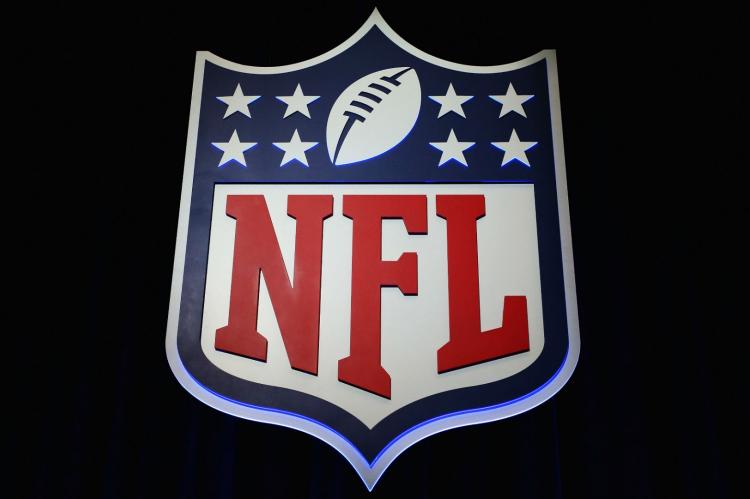NFL's new marijuana policy: CBA changes rules dramatically for players
A lot will change with the NFL's new collective bargaining agreement, including a new drug policy in which players will no longer be suspended for positive marijuana tests.
The new CBA will reduce the testing period from four months to the two weeks at the start of training camp. A new threshold for a positive test will also be put in place, raising the allowed amount of THC from 35 nanograms to 150.The league is moving away from a punishment approach and toward providing help for those that need it. If a player tests positive during the two week stretch of training camp, his test is reviewed by a board of medical professionals that has been appointed by both the players and league. The board then decides if the player needs treatment.
The old CBA's guidelines were much more strict. NFL players with no previous violations were tested once in the offseason. During the regular season, 10 players per team were randomly selected to be tested each week. A positive test meant a referral to the substance abuse program. A second violation resulted in a fine of two game checks, a third violation was a fine of four game checks, a fourth violation was a four-game suspension, a fifth violation was a 10-game suspension and a sixth violation resulted in a one-year ban.
Josh Gordon and Randy Gregory have both had severe suspensions due to multiple positive tests for marijuana in the last few years. In similar cases under the new CBA, the results will be much different.
The new CBA also changes the policy on performance-enhancing drugs:
- First failed test for stimulants or diuretics is a two-game suspension
- First failed test for anabolic steroids is a six-game suspension
- Manipulation or substitution and use of a prohibited substance is an eight-game suspension
- Second failed test for stimulants or diuretics is a five-game suspension
- Second failed test for anabolic steroids is a 17-game suspension
The CBA will also change how the NFL handles its discipline policy. Instead of having the commissioner decide, the new deal stipulates that a "neutral decision-maker" will make the official ruling on most disciplinary cases, which takes some of the power out of the commissioner's hands.
- Log in to post comments

